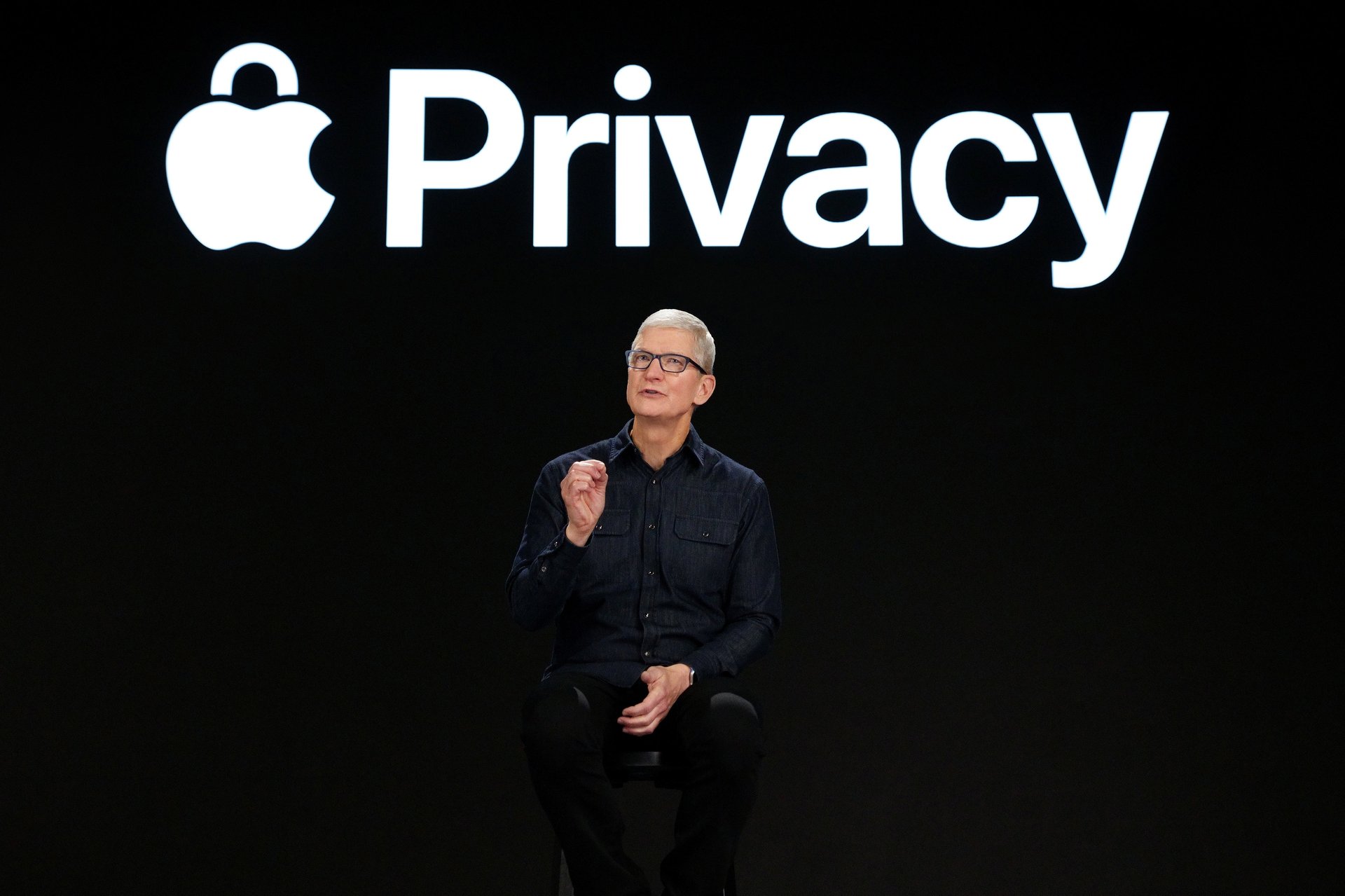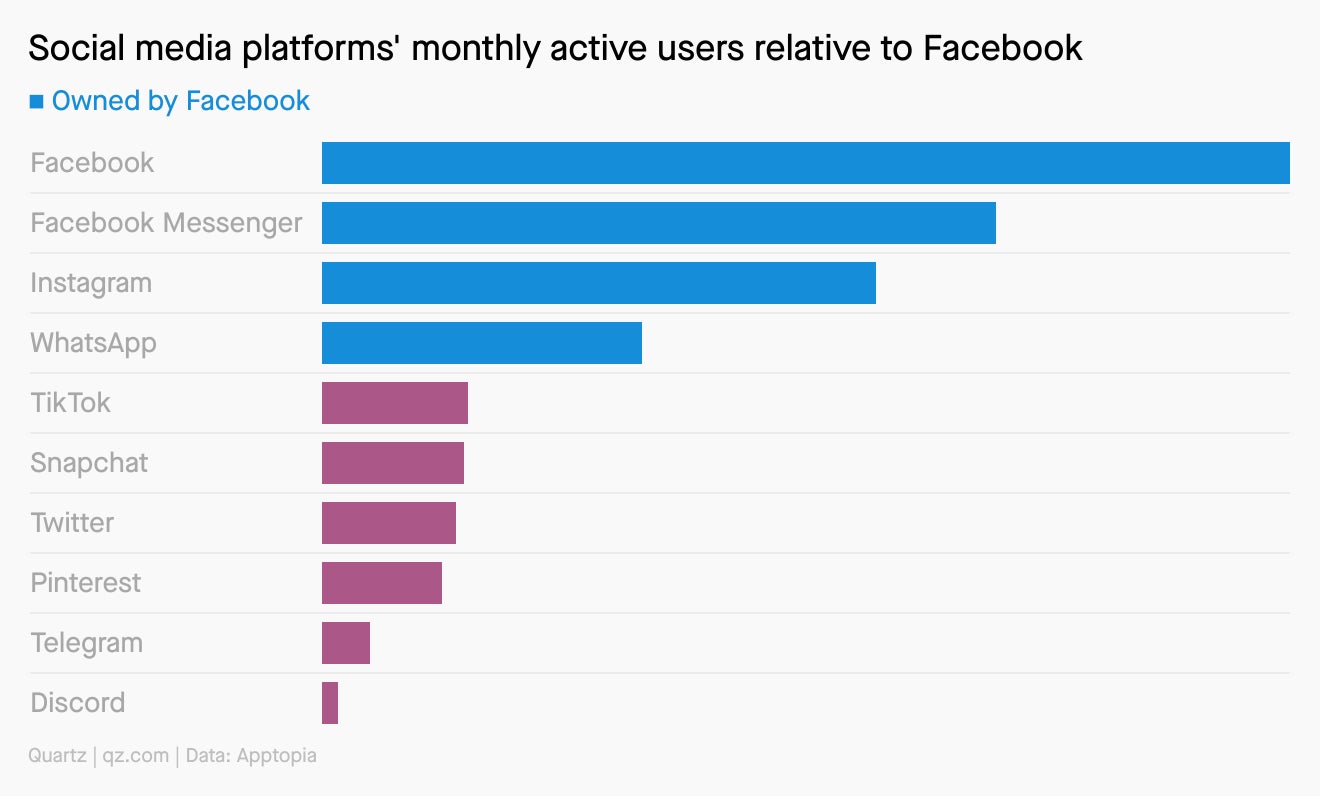Alzheimer’s drug, rare earth shortage, permafrost survivors
Good morning, Quartz readers!


Good morning, Quartz readers!
Was this newsletter forwarded to you? Sign up here. And be sure to forward it to all your hybrid friends, then FaceTime about it later.
Here’s what you need to know
The US approved the first new Alzheimer’s drug in nearly 20 years. However, an advisory committee said last year there’s not enough evidence that Biogen’s Aducanumab, which aims to slow early-stage progression, is effective.
A Hague tribunal issues its final ruling on the “butcher of Bosnia.” Bosnian Serb Ratko Mladic appealed his genocide conviction in the 1995 Srebrenica massacre of Muslims.
Apple doubled down on security. At its annual developer conference, the tech giant announced new privacy features, offline Siri functionality, and a new FaceTime that’s betting on hybrid friendship. Those privacy features won’t be available everywhere though.
“Do not come.” Vice president Kamala Harris had a carrot-and-stick message for Guatemalans on her visit, also promising economic support as the US tries to stem arrivals at its southern border.
Japan’s economy suffered less than expected. GDP for the first three months of the year contracted by an annualized 3.9% from the preceding quarter, showing resilience despite renewed Covid-19 restrictions.
Colonial Pipeline is getting some of its ransom money back. The FBI tracked down the hackers’ crypto wallet in an unusual case of recovered ransomware funds.
One of China’s largest cities is battling a Delta strain cluster. Since late May the southern tech hub of Guangzhou has seen local spread of a variant first seen in India. The government has put muscle into its vaccination program in recent weeks.
Bezoses in space. Soon-to-be-ex-CEO of Amazon Jeff Bezos said he’ll be heading up in a Blue Origin rocket alongside his brother this summer. They’ve got an extra spot, if you’re willing to put down the most cash.
What to watch for
Today marks the start of Instagram’s first-ever Creator Week, a three-day (🤷♂️) series of events designed to teach 5,000 US influencers how to grow their followings and make money on the platform. The Facebook-owned social network said it will also host global events, although these will mainly be focused in Europe.
Instagram is the latest platform to recognize the imperative of investing in its creators. Younger competitors like TikTok and Clubhouse have used accelerator programs and creator funds to woo influencers onto their nascent networks. These newcomers hope that crafting a reputation as creator-friendly platforms can help them unseat incumbents like Facebook, which still dominates the social media market.

Charting who produces rare earth magnets
As with other aspects of the rare earth industry, China dominates the production of rare earth magnets, which are crucial to the manufacturing of high-tech products like electric vehicles and wind turbines.

A shortage of rare earth magnets—caused by say, a short-term export ban or a months-long shutdown of a major rare earths mine and processing facility due to financial constraints—would risk throwing the climate economy into disarray. Mary Hui writes that the industry is closely following the global semiconductor chip shortage to make sure that doesn’t happen.
What ever happened to Sheryl Sandberg?
For more than a decade, Facebook COO Sheryl Sandberg has been the most powerful woman in Silicon Valley, and perhaps in all of business. Take a look at her resume, and it’s easy to understand how she got there:
1991-1993: Sandberg works for Larry Summers during his tenure as chief economist at the World Bank.
1995: Sandberg graduates from Harvard Business School with her MBA.
1996-2001: Sandberg serves as Summers’s chief of staff in his roles as deputy Treasury secretary and Treasury secretary under US president Bill Clinton.
2001-2008: Sandberg joins Google, where she eventually becomes vice president of global sales and online operations.
2008: Sandberg joins Facebook as COO.
2010: Sandberg delivers her TED talk, “Why we have too few women leaders.”
2013: Lean In is published and stays on the New York Times bestseller list for over a year.
2017: Sandberg publishes Option B, her book with organizational psychologist Adam Grant on coping with the loss of her husband.
But for the past few years, as Facebook has been rocked by a string of scandals and crises, Sandberg’s reputation has taken a hit, and she’s been less frequently in the spotlight. Sarah Todd explores what Sandberg’s new, lower profile says about the changing dynamics of Facebook’s leadership and her role in some of the company’s gravest missteps—as well as the dark truths about what it can mean to be a powerful woman in business.
✦ We’ve also got our eye on how Facebook’s missteps may have been a factor in the recent proliferation of new social media platforms. Get access to all of our analysis of Silicon Valley and beyond with a Quartz membership—try it for free.
(Psst.☝️ We took the last story out from behind our paywall to make sure you don’t miss it.)
Surprising discoveries
Ukraine’s new football kit includes Crimea within its borders. Russia was not pleased.
Jeans shoppers are wearing new sizes since the pandemic’s start. About 25% of them, says Levi’s CEO, are sizing up or down.
Starbucks is feeling the supply chain squeeze. Chai tea bags and hazelnut syrup are among the 25 items being eighty-sixed from the menu, for now.
Japan’s got a new jellyfish. The tiny, newly discovered species is named “Wataboshi Kurage” after the wataboshi bridal headdress.
Tiny animals called bdelloid rotifers came out of 24,000 years of permafrost, unscathed. Who will be the one to explain to these organisms about iPhones?
Our best wishes for a productive day. Please send any news, comments, alternative Starbucks orders, and rare earth magnets to [email protected]. Get the most out of Quartz by downloading our iOS app and becoming a member. Today’s Daily Brief was brought to you by Sumnima Lama, Tripti Lahiri, Nicolás Rivero, Mary Hui, Sarah Todd, Susan Howson, and Liz Webber.